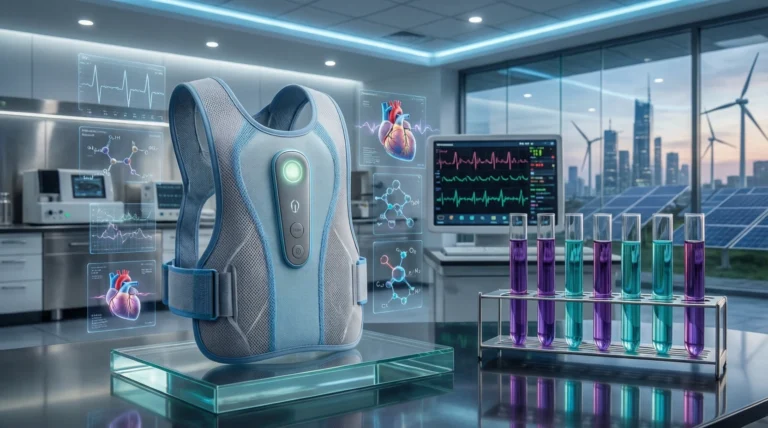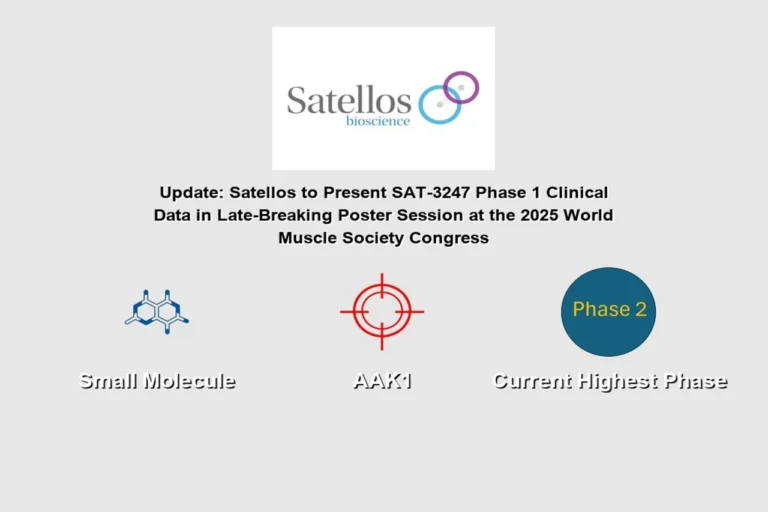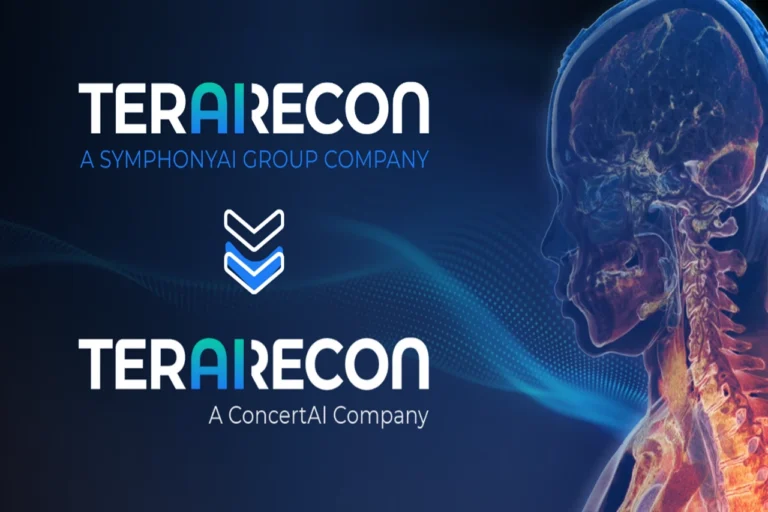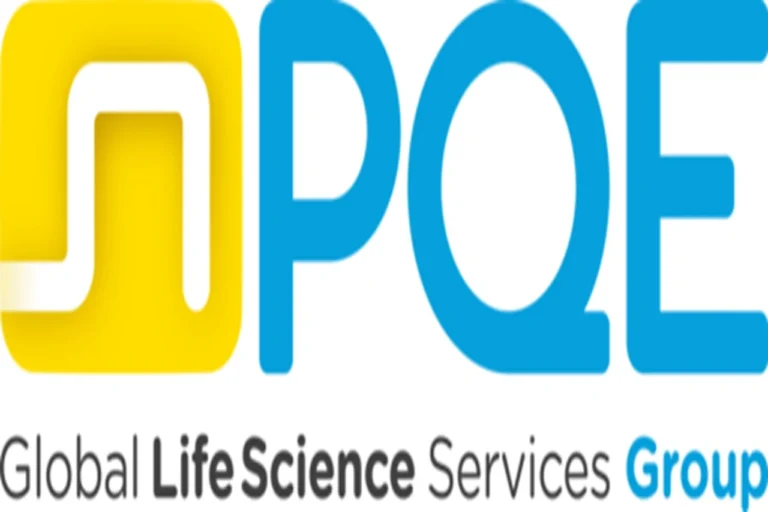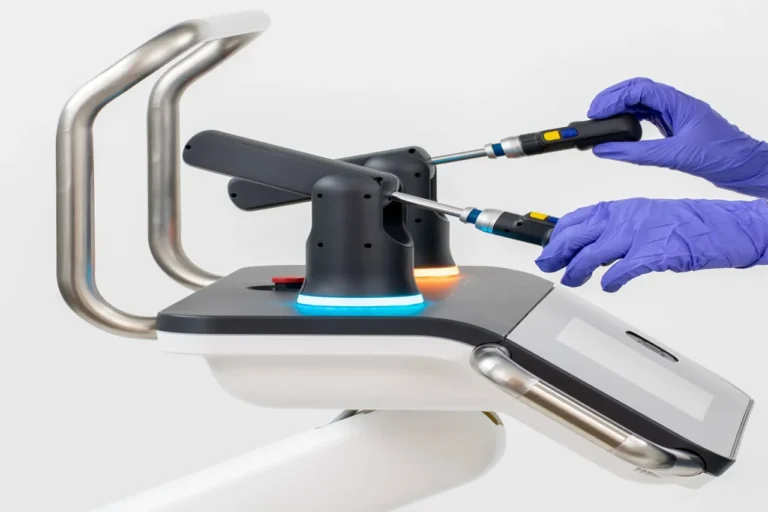
Bayer and Vividion to Showcase Oncology Advances at AACR 2025
Bayer and Vividion Therapeutics, Inc. (Vividion), a wholly owned subsidiary of Bayer AG, are set to present groundbreaking research from their oncology pipelines at the American Association for Cancer Research (AACR) 2025 Annual Meeting, held April 25-30 in Chicago, USA. This high-profile scientific gathering provides an ideal platform for Bayer and Vividion to share their evolving strategies and promising data across various oncology areas.
Bayer will showcase both preclinical data and clinical imaging results derived from its targeted alpha therapy program, an integral component of its precision drug development strategy. Targeted alpha therapy is a novel and promising form of targeted radionuclide therapy, which delivers highly potent alpha particles directly to tumor cells. This strategy is designed to induce double-strand DNA breaks in cancer cells, leading to increased cancer cell death and potentially greater anti-tumor activity.
One of the major highlights will be the presentation of Bayer’s investigational targeted alpha radiopharmaceutical BAY 3547926. This compound is being developed to treat advanced hepatocellular carcinoma (HCC), one of the most common types of liver cancer. BAY 3547926 targets Glypican-3 (GPC3), a protein that is highly overexpressed in 70-75% of HCC lesions, making it an attractive and selective target for therapeutic intervention. During the “New Drugs on the Horizon” session, Bayer will present preclinical in vitro and in vivo characterization data alongside findings from a clinical imaging study in patients with advanced HCC. This research underscores the potential of BAY 3547926 to provide a more targeted and effective approach to HCC treatment.
In addition, Bayer will highlight its latest findings in the area of Precision Molecular Oncology, with a special focus on HER2-driven non-small cell lung cancer (NSCLC). Bayer’s investigational compound sevabertinib (BAY 2927088), developed through a research collaboration with the Broad Institute of MIT and Harvard, is the first oral, reversible small molecule inhibitor specifically targeting human epidermal growth factor receptor 2 (HER2). Currently in Phase I/II clinical evaluation (SOHO-01 study), sevabertinib has received Breakthrough Therapy Designations from both the US Food and Drug Administration (FDA) and China’s National Medical Products Administration (NMPA). Bayer is also pursuing a Phase III clinical trial (SOHO-02) to evaluate sevabertinib as a potential first-line treatment for HER2-mutant NSCLC, further solidifying its position as a next-generation targeted therapy.
Another key candidate in Bayer’s pipeline is BAY 3498264, an oral selective Son of Sevenless Homologue 1 (SOS1) inhibitor. This compound is being studied in a Phase I clinical trial for patients with advanced KRAS-mutated tumors, including NSCLC, pancreatic cancer, and colorectal cancer. KRAS mutations are among the most common genetic alterations in cancer and have historically been difficult to target effectively. By inhibiting the RAS-SOS1 interaction, BAY 3498264 aims to disrupt the mitogen-activated protein kinase (MAPK) pathway, a critical driver of cancer cell proliferation and survival.
Bayer will also present a sophisticated translational pharmacokinetic-pharmacodynamic (PK/PD) modeling framework developed for its novel allosteric cyclin-dependent kinase 2 (CDK2) inhibitors. These next-generation compounds selectively inhibit CDK2 in tumors that overexpress Cyclin E1 (CCNE1), a biomarker frequently amplified in several cancers. The advanced PK/PD models integrate multi-scale data from in vitro and in vivo studies, supporting both preclinical development and clinical translation. This modeling approach is crucial for optimizing dosing strategies and predicting therapeutic responses, ensuring a more effective and personalized treatment approach for patients.
Complementing Bayer’s extensive oncology presentations, Vividion Therapeutics will offer insights into its pioneering work on intracellular protein modulation. Vividion’s lead candidate, VVD-037, is a covalent small molecule activator of Kelch-like ECH-associated protein 1 (KEAP1). KEAP1 is an E3 ligase that targets the transcription factor NRF2 for degradation. In many cancer types, hyperactivation of the NRF2 pathway leads to increased tumor growth and resistance to therapy. By activating KEAP1 and reducing NRF2 levels, VVD-037 aims to re-sensitize tumors to treatment. Vividion is currently evaluating VVD-037 in a Phase I clinical trial, both as a monotherapy and in combination regimens.
Vividion’s AACR presentation will include a detailed overview of the translational PK/PD modeling that has guided VVD-037’s development. These models are instrumental in understanding the drug’s behavior in the body and its relationship to therapeutic efficacy, providing critical insights for dose optimization and clinical development.
The AACR 2025 Annual Meeting will also feature a series of poster and oral presentations from Bayer and Vividion, providing a deeper dive into the scientific underpinnings and translational relevance of their research.
Key presentations include:
Oral Presentation:
- BAY 3547926: Targeted Radionuclide Therapy for HCC
- Abstract ND09
- Session: DDT03 – New Drugs on the Horizon: Part 3
- Monday, April 28, 10:15 AM – 11:45 AM
- Room S406 (Vista Ballroom), McCormick Place South, Level 4
Poster Presentations:
- PK/PD Modeling of Allosteric CDK2 Inhibitors
- Abstract #4348
- Session: Experimental and Molecular Therapeutics / Pharmacokinetics and Pharmacodynamics of Cancer Therapeutics
- Tuesday, April 29, 9:00 AM – 12:00 PM
- Section 20, Poster #13
- PK/PD Modeling for VVD-037 (KEAP1 Activator)
- Abstract #4349
- Session: Experimental and Molecular Therapeutics / Pharmacokinetics and Pharmacodynamics of Cancer Therapeutics
- Tuesday, April 29, 9:00 AM – 12:00 PM
- Section 20, Poster #14
- Discovery and Characterization of BAY 3498264 (SOS1 Inhibitor)
- Abstract #4373
- Session: Experimental and Molecular Therapeutics / RAS Inhibitors
- Tuesday, April 29, 9:00 AM – 12:00 PM
- Section 21, Poster #8
- BAY 2927088: HER2-Mutant NSCLC Therapy
- Abstract #5610
- Session: Experimental and Molecular Therapeutics / Kinase and Phosphatase Inhibitors 3
- Tuesday, April 29, 2:00 PM – 5:00 PM
- Section 20, Poster #20
Bayer and Vividion’s participation at AACR 2025 highlights their commitment to pushing the boundaries of cancer research through targeted, mechanism-based therapies. The breadth and depth of their research underscore their shared mission: to develop highly effective, personalized treatments that address the unmet needs of cancer patients worldwide.


